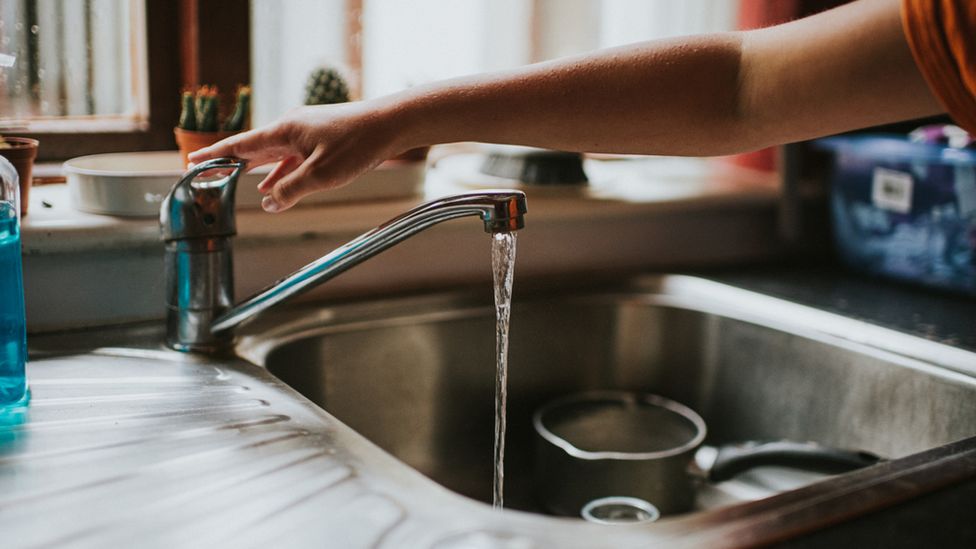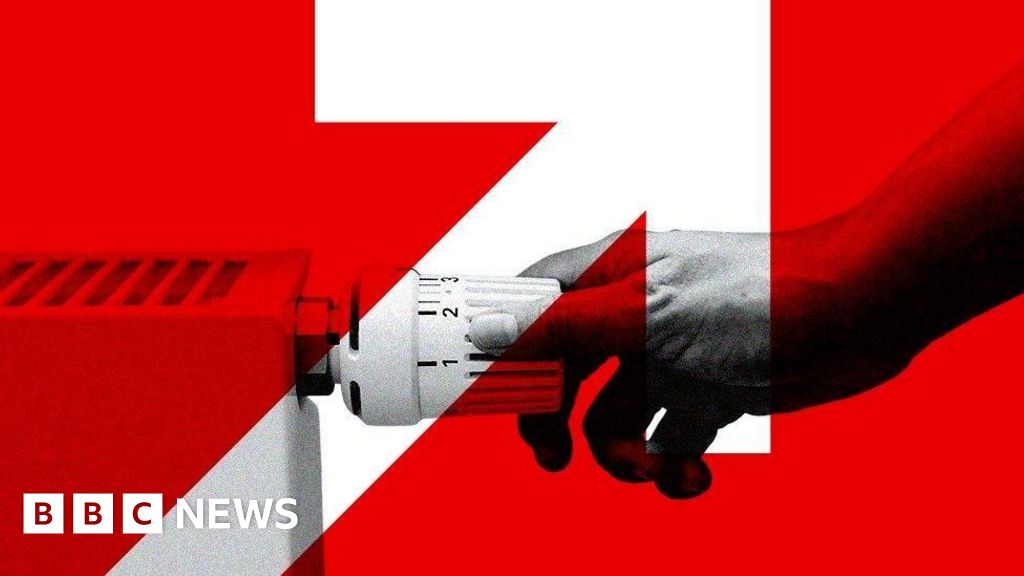ARTICLE AD BOX
 Image source, Getty Images
Image source, Getty Images
By Vishala Sri-Pathma
Business reporter
Water companies in England have outlined plans to nearly double their spending by 2030.
The money will go towards building reservoirs, fixing leaky pipes and reducing the amount of sewage being discharged.
The proposals require approval from the regulator, Ofwat and the cost will be passed on to customers.
Water companies propose that the average bill rise by more than £150 by 2030.
If given the green light by the regulator, water companies say they will secure water supplies by building 10 new reservoirs.
The companies also suggest that the amount of leaks will be cut under these plans and that there would be £11bn spent to reduce sewage spills with what the companies say is the "most ambitious modernisation of sewers since the Victorian era."
The huge cost will be spread over decades, but if the regulator approves the plans the average annual bill will go up by £84 in 2025 rising to £156 extra by the end of the decade.
While Environment Secretary Therese Coffey broadly welcomed the investment plans, she said water regulator Ofwat should ensure customers do not "pay the price for poor performance"
The regulator, she said "should use the full powers we have given them on behalf of consumers".
Ms Coffey added: "Now is the time for water companies to step up and deliver lasting changes for future generations."
Last week Ofwat ordered water companies to pay back £114m to customers through lower bills after missing key targets.
The regulator said firms were "falling short" on performance measures around leaks, supply and reducing pollution.
The regulator said in its assessment that not one company reached the highest measure of performance.
Dŵr Cymru, Southern, Thames, Anglian, Bristol, South East and Yorkshire Water fell into the lowest category of "lagging" and the remaining 10 were rated "average". None were considered "leading".
If water companies fail to meet the targets it sets, Ofwat restricts the cash that they can take from customers.
All but five of the water providers reviewed will have to give money back to customers by reducing their bills in 2024-25, rather than each bill payer getting a lump sum refund.

 1 year ago
60
1 year ago
60








 English (US) ·
English (US) ·